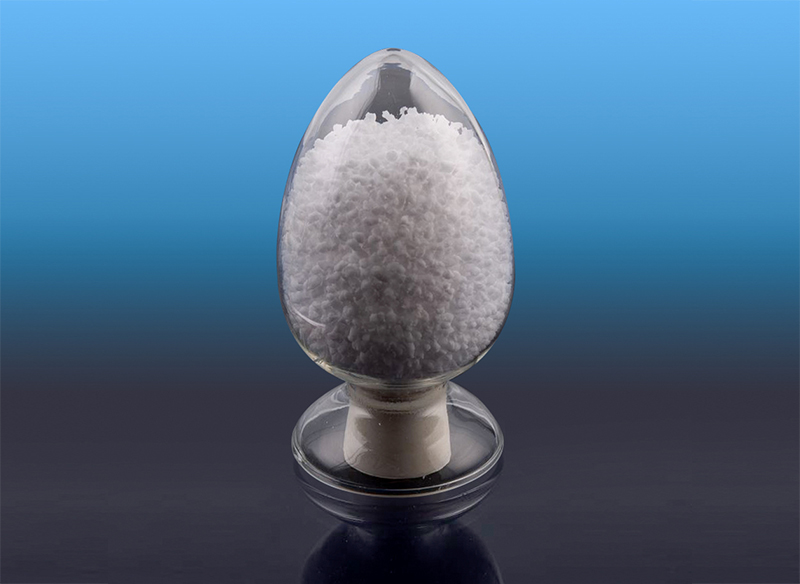What is the effect of molecular weight and molecular weight distribution of SBS on its performance?
The molecular weight and molecular weight distribution of SBS have an important influence on its performance, which is specifically reflected in:
Elasticity and tensile properties. When the molecular weight of SBS is higher, it usually shows higher elasticity and tensile properties, because the molecular chain of SBS with high molecular weight is longer and there are more chain segments that can play the elastic effect when stretched.
Processing performance. SBS with lower molecular weight usually has better processing performance because its molecular chain is shorter and easier to flow and deform during processing, which is conducive to processing and molding.
Heat resistance: SBS with high molecular weight usually has better heat resistance because long-chain molecules are more difficult to melt or decompose at high temperatures.

Viscosity and solubility. SBS with higher molecular weight usually has higher viscosity and lower solubility, which affects its stability and processing performance in solution.
Aging resistance. SBS with higher molecular weight usually has better aging resistance because its long-chain molecules are more difficult to be damaged when affected by external environmental factors (such as light, oxygen, etc.).
The influence of molecular weight distribution on the performance of SBS is mainly reflected in the width of molecular weight distribution. SBS with narrow molecular weight distribution usually has more uniform performance, while SBS with wide molecular weight distribution may show more performance variation and inhomogeneity.
Therefore, by regulating the molecular weight and molecular weight distribution of SBS, its performance can be regulated and optimized to meet the needs of different application scenarios.





